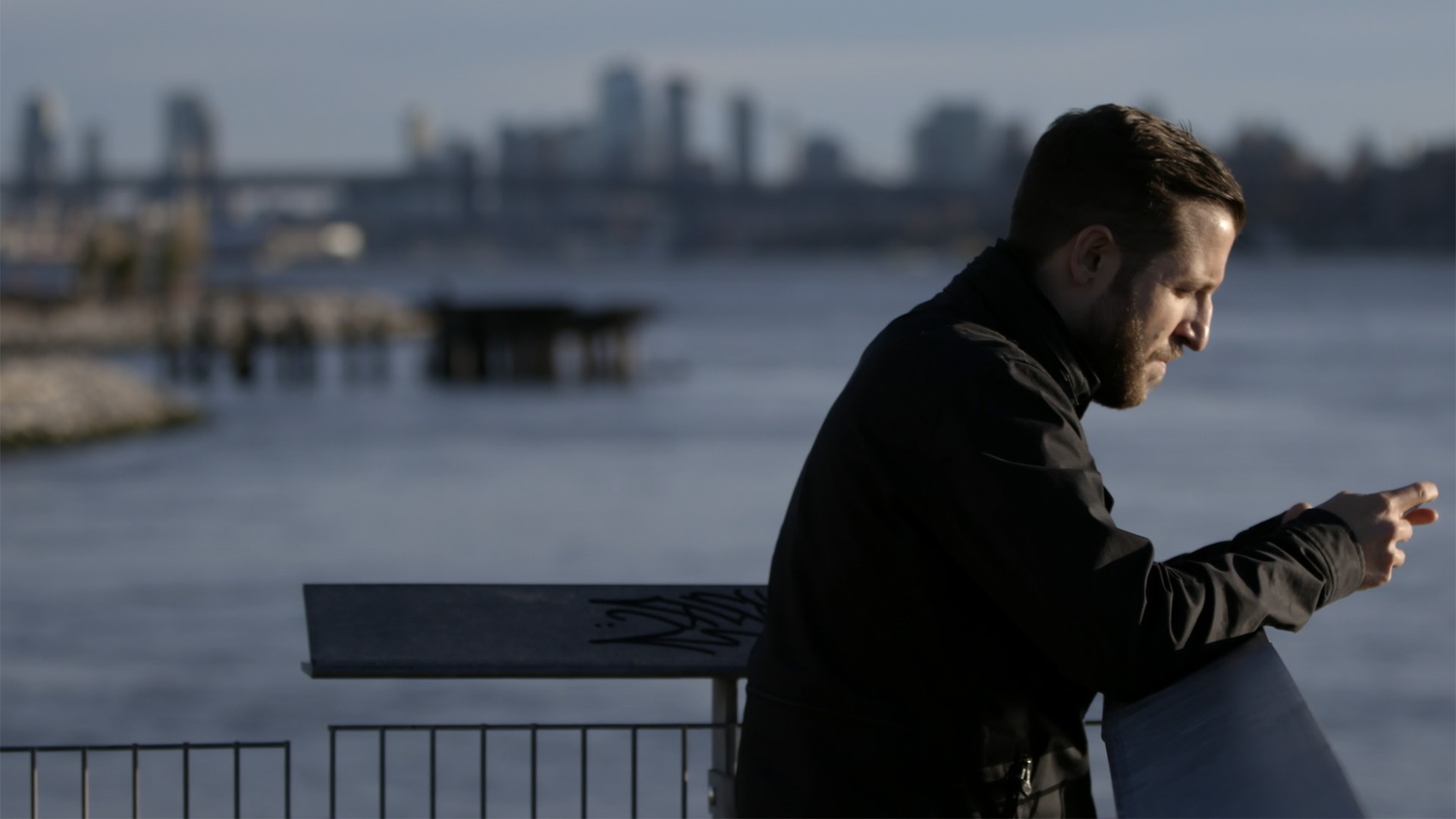The Supreme Court of Canada will issue its ruling on Friday in VICE’s landmark battle against the Royal Canadian Mounted Police that pits the role of journalists against the role of prosecutors and police.The extent to which Canadian law enforcement can access a journalist’s work is at the heart of the case involving VICE national security reporter Ben Makuch, and a series of interviews he conducted in 2014 with a young Calgary man who allegedly joined Islamic State militants in Syria and Iraq.The RCMP sought Makuch’s and VICE Canada’s communications with Farah Shirdon and any related material through a court-approved production order. Shirdon was charged in absentia with terror-related crimes.Federal prosecutors and the RCMP say they require screen grabs of Makuch’s chats with Shirdon as well as the logs of those chats to properly investigate the case against Shirdon, who was possibly killed in 2015 by an airstrike.Makuch has said that all the relevant information he has pertaining to Shirdon has already been published. Cover image of journalist Ben Makuch of Vice Media arrives to the Supreme Court of Canada in Ottawa on Wednesday, May 23, 2018. Sean Kilpatrick/The Canadian Press
Cover image of journalist Ben Makuch of Vice Media arrives to the Supreme Court of Canada in Ottawa on Wednesday, May 23, 2018. Sean Kilpatrick/The Canadian Press
Advertisement
Though Makuch and VICE Canada attempted to fight the RCMP’s production order, two lower court decisions upheld it, siding with the government.Lawyers for VICE and Makuch argued that the government was on a fishing expedition for information. Further, that journalists should not be an extension of law enforcement, and that surrendering any notes or communications would create a chilling effect whereby sources would feel unsafe and untrusting towards journalists.The RCMP and the government, in turn, argued successfully in the lower courts that the communications they are seeking are crucial to their ability to do their work.Civil liberties and press freedoms advocates have been rattled by the case, prompting a number of groups and news agencies from around the world to throw their weight behind Makuch as intervenors in the case.Last year, the Canadian government unanimously passed a press shield law, the first of its kind in Canada that protects whistleblowers and anonymous sources from law enforcement interference. However, that law is inapplicable in the VICE Canada case as the identity of Makuch’s source is not withheld.
